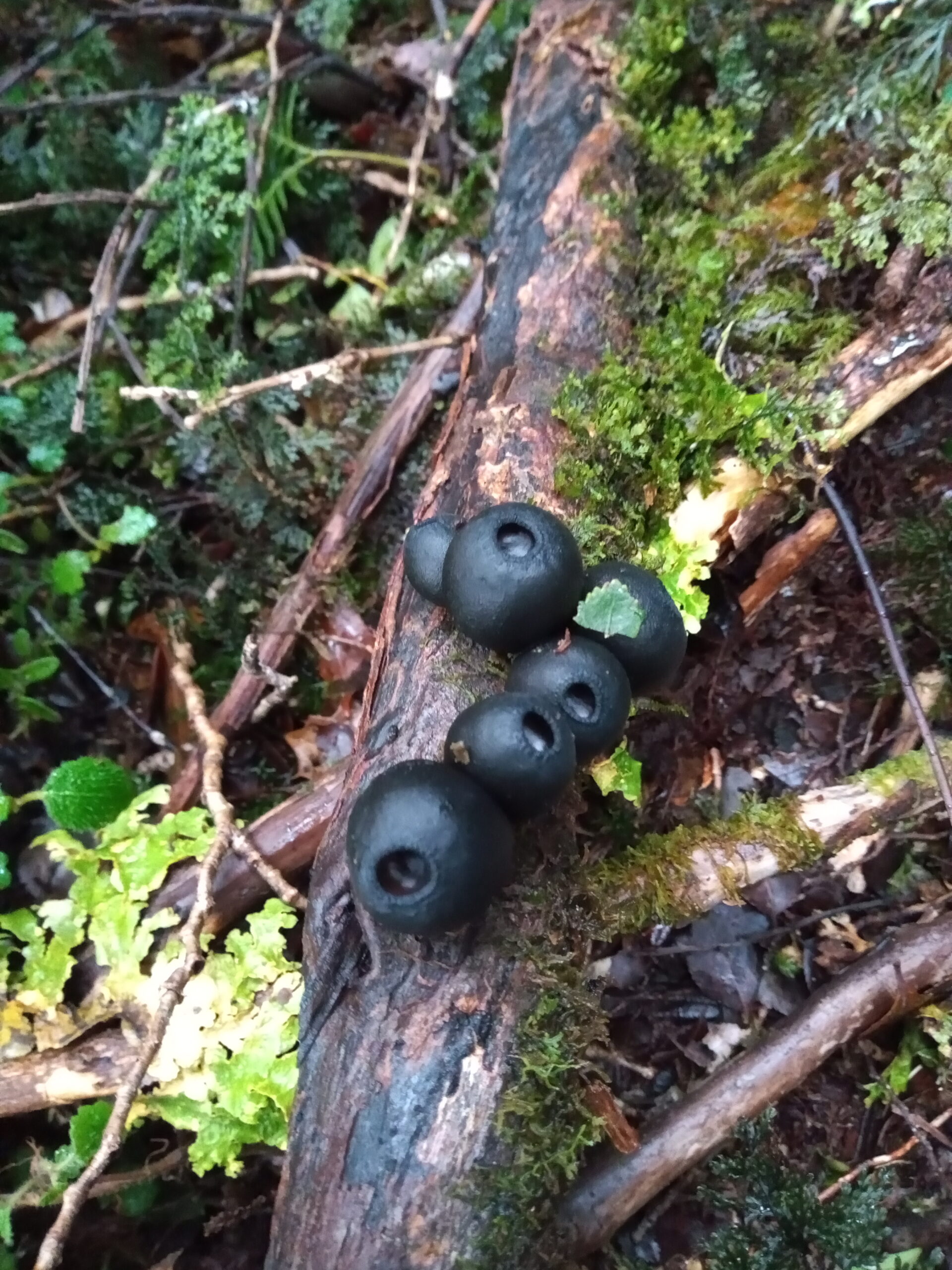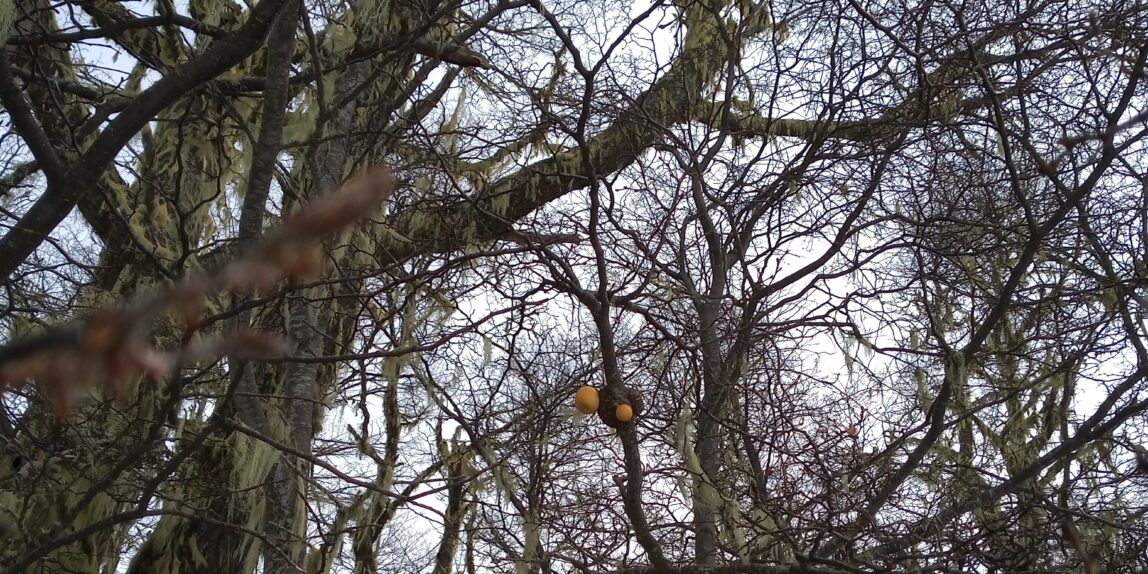(…) et tout serait visiblement lié si l’on découvrait d’un seul regard dans sa totalité letracé laissé par un fil d’Ariane, conduisant la pensée dans son propre labyrinthe. — G.B.
Venturing into the forest, that is, entering the depths of the forest passage, entails more than just contemplating nature and the wild; explorations of a higher and lower nature that demand different dimensions of being. Venturing into the forest, therefore, is not just about observing the great trees that rise from the surface seeking the heights or perceiving the present euphonies and cacophonies, but also about celebrating both the scatological and the eschatological: on the one hand, the celebration of organic waste, dirt, sinking into the mud and excreta of the biota (that is, σκατός) and, on the other, welcoming what lies beyond (ἔσχᾰτος), the transcendence that is reached through a mandatory passage through nigredo —again, the excretal— of the martyrdom of what is civilizedly accepted through punishment of the body adapted to urbanized and homogeneous life.
The cathedral of cellulose is not just a space where the Adept is constantly subjected to a test of maintaining the balance between rigor and mercy, from which they must emerge victorious between attraction and fear, but also has a more sinister and darker dimension: a plane where access is achieved through the visceral, the acéphalic — where one goes beyond knowledge and delves into the irrational, because it is necessary, figuratively and symbolically, to behead oneself and also to sink into the unconscious to access the darkness.
![]()
For those who live within the framework of civilization, going to the forest means taking a trip, that is, leaving one place for another that is strange to the quotidianus; but the Adept also undertakes an incursion, delving not only into the forest but also into oneself, a journey within through the labyrinth. In it, through the loss of the head, i.e., reason, he/she will immerse himself/herself in the unconscious, that lunar glade where the sun does not reign but the intestines, where lies the key to divining the future.
Labyrinthine like the viscera, the forest presents a series of ordeals that challenge reason and hide the light from those who venture into the heart of the megaron, the great hall of the cathedral of cellulose: vines teeming with insects and fungi, dense thickets, spiderwebs, bushes that block the way, rotting trunks, thorns that pierce the flesh, stinging plants, snow, different types of mud, screams, roots — these are just a part of the carnival of flagellations that torment the body of the one who submerges as a human and emerges as a wild animal.

The acéphalic transmutation leads to therianthropy, for the celebration of the lunar glade —where the beasts dance— cannot be accessed from the human. Hubris, as the human illusion of the divine, dissipates among the rotten leaves as the journey takes on a vertical dimension but not upwards, as one would expect from Promethean ambition, but downwards, towards the underground, towards the baptism of the unconscious amidst mud and humidity. Positioned in the megaron, the great hall of the cult of the chthonic gods, and facing the bomos, the initiatic adventurer sacrifices his/her head, that is, reason, which is devoured and pulverized by the labyrinth.
The human being, then, detaching himself from his head, replaces it with an animal head, thus burying reason in the Abyss, in the labyrinth where everything disintegrates, where the Minotaur reigns — and into which one can transform if they regress inwards, towards the viscera, towards primordial and humid animality. The body is reduced to the prima materia from which it originally emerged; like the black earth in alchemy, which is closed in a flask and heated, the adventurer is subjected to and shaken by the chthonic waves, forcing the beast to manifest and tear apart the human skin.
After the lunar sacrifice, transformed into a creature moved by Dionysian forces, the Adept will celebrate the union of his animality —the transformation of his being through his dehumanization towards therianthropization— with the labyrinthine temple, joyfully surrendering to the martyrdom of mud, dirt, darkness — to the sacrifice of his being, leaving their rational garment abandoned in the humus (nigredo), to return to civilization without finding himself in it.
Even if you know the path back, get lost in the wood.

